
Soaring cocoa prices: Diverse impacts and implications for key West African producers
Cocoa bean prices have been rising since the last quarter of 2023, hitting a record high of $10.97 per kilogram on April 19 (Figure 1). The price spike is due to a significant drop in bean production by major global suppliers—four key producing nations in West and Central Africa account for more than 60% of the world's supply of cocoa beans: Cote d’Ivoire (with 38% of the global production in 2022), Ghana (19%), Nigeria (5%), and Cameroon (5%).1
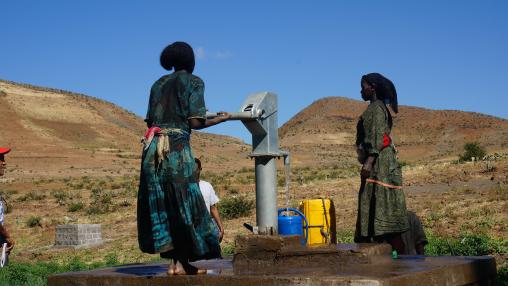
Acute Food Insecurity Remains Alarmingly High in SSA: Global Report on Food Crises Released
Despite some marginal improvements at the country level, Africa south of the Sahara remains mired in acute food insecurity and escalating food crises, according to the 2024 Global Report on Food Crisis (GRFC). Conflict, extreme weather events, economic shocks, and forced displacement continue to drive up rates of food insecurity and malnutrition throughout the region, with the outlook for 2024 equally grim.
Central and Southern Africa
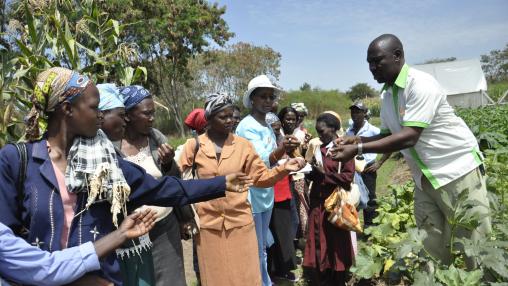
Packaging Climate-Smart Agricultural Practices to Increase Farmer Adoption: Evidence from Nigeria
Extreme weather events and the long-term impacts of climate change pose a major risk for Africa south of the Sahara, threatening agricultural production and economic growth and hindering efforts to reduce poverty and food insecurity. Climate-smart agricultural practices (CSAPs) can help farmers better adapt to and mitigate these risks; however, the adoption of such practices in the region remains low.
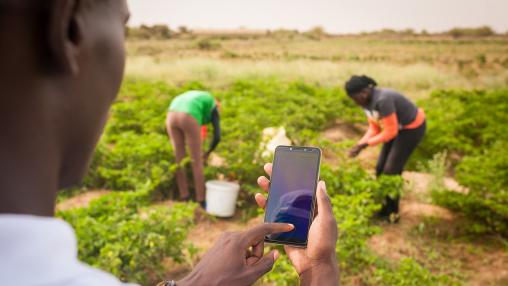
Agricultural Cooperatives Could Hold Key to Increasing Resilience to Shocks
Strong agricultural cooperatives could be a powerful pathway to protect vulnerable populations from food insecurity caused by shocks like the COVID-19 pandemic, according to a recent paper in Agriculture & Food Security.

Conflict Driving Acute Hunger in Sudan, Burkina Faso
As noted in the Global Report on Food Crisis Mid-Year Update, conflict remains one of the major causes of food crises worldwide. Two recent alerts from FEWS Net echo this finding in both East and West Africa, where conflict is driving acute levels of food insecurity and hunger in both Sudan and Burkina Faso.
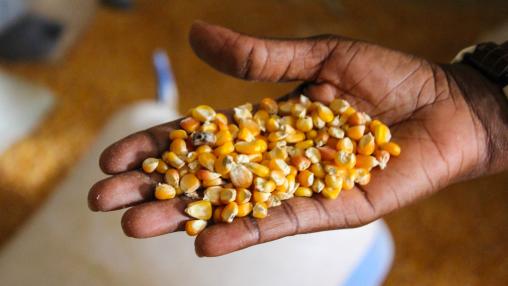
Battling Micronutrient Deficiencies in Senegal and Rwanda: Evidence from 2023 ATOR
Africa’s progress toward hunger and poverty reduction has faced significant setbacks in recent years. Multiple shocks, including global and regional conflicts and the impacts of the COVID-19 pandemic, have increased the prevalence of undernutrition and child malnutrition; in addition, significant micronutrient deficiencies persist in the region.
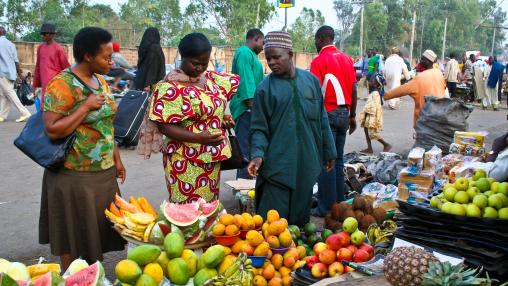
Launch of the Nigeria Food Security Simulator
The CGIAR Initiative on National Policies and Strategies Nigeria has released the new Nigeria Food Security Simulator. This Excel-based tool allows users to estimate short-term impacts of household-level income or food price shocks and related policy decisions on diets and food security in the country.
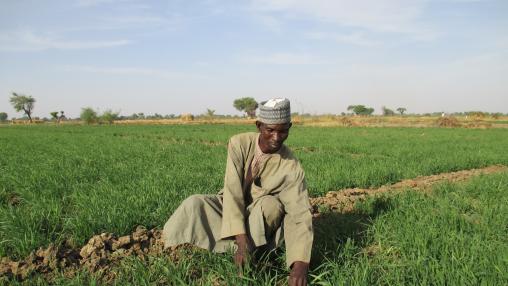
Adapting to a Changing Climate: Adaptation Strategies in Nigeria
An estimated 23 percent of Nigeria’s GDP comes from agriculture, and as many as 70 percent of the nation’s labor force engages in the agricultural sector. At the same time, approximately 40 percent of Nigerians face poverty and food insecurity, driven in part by low agricultural productivity and low levels of technology adoption. With climate shocks expected to become more frequent and extreme, these smallholder households will be even more vulnerable to reduced agricultural productivity, loss of incomes and livelihoods, and food and nutrition insecurity.
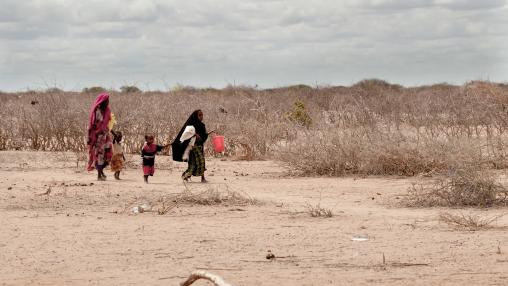
Global Report on Food Crises Midyear Update: SSA Continues to Grapple with High Levels of Acute Food Insecurity
While some countries in Africa South of the Sahara have seen improvements in food security in 2023, the region as a whole continues to be plagued by food crises, according to the Global Report on Food Crises (GRFC) 2023 Midyear Update. East Africa has been the hardest hit, with nearly 65 million people in the region having experienced high levels of acute food insecurity in the first half of 2023, up 8 million from 2022.
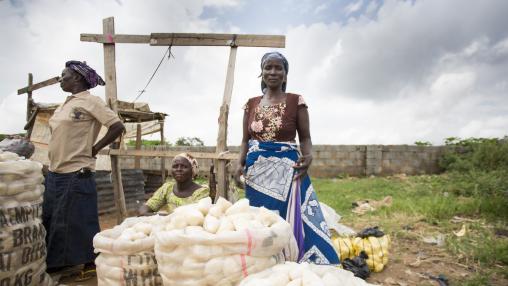
Six big ideas to advance food systems resilience in Nigeria: Bringing CGIAR Initiatives together to foster collaboration and policy coherence
On May 12 in Abuja, Nigeria, two CGIAR initiatives—Fragility, Conflict and Migration (FCM) and National Policies and Strategies (NPS)—brought together policymakers, researchers, and representatives from the private sector and civil society to discuss how to advance food systems resilience amid crises while empowering women and youth. The workshop invited research presentations from six other CGIAR research initiatives working in Nigeria and facilitated lively discussion among all.